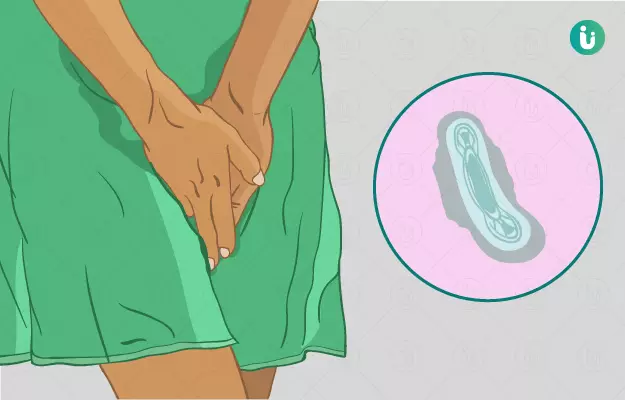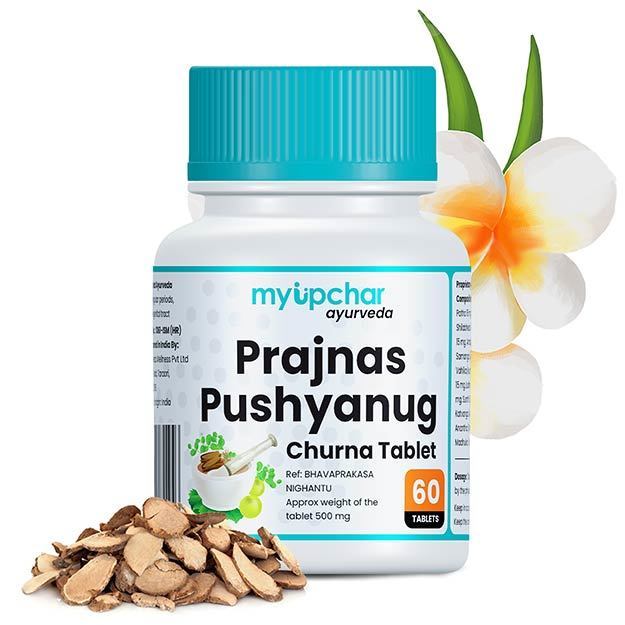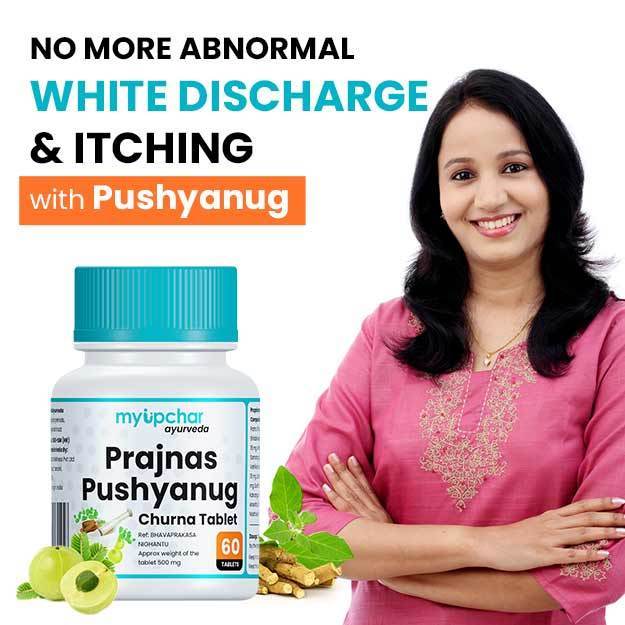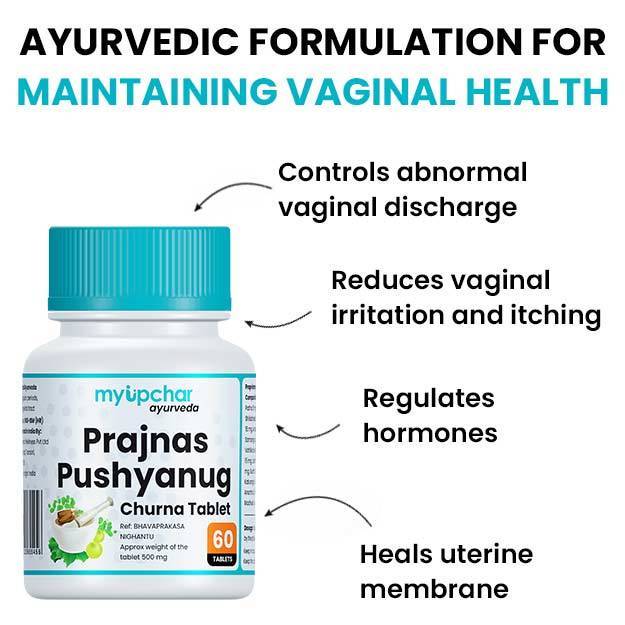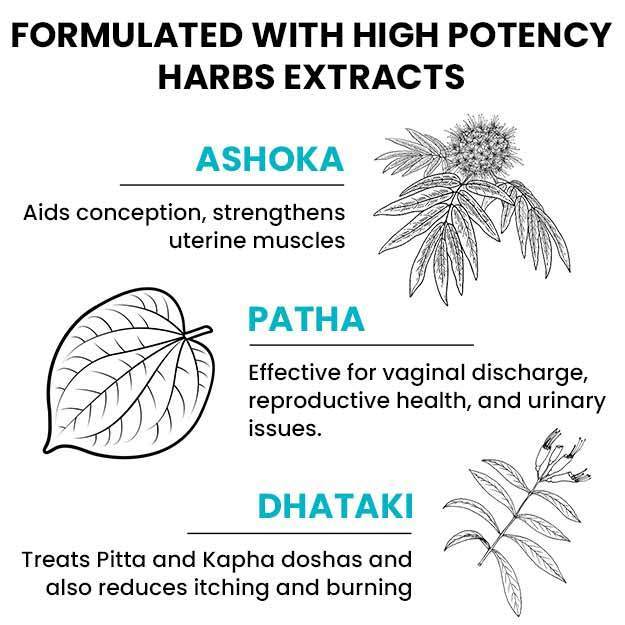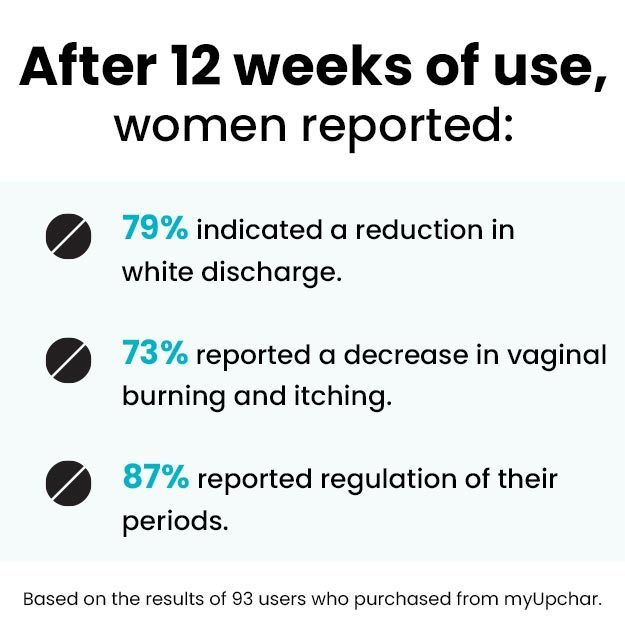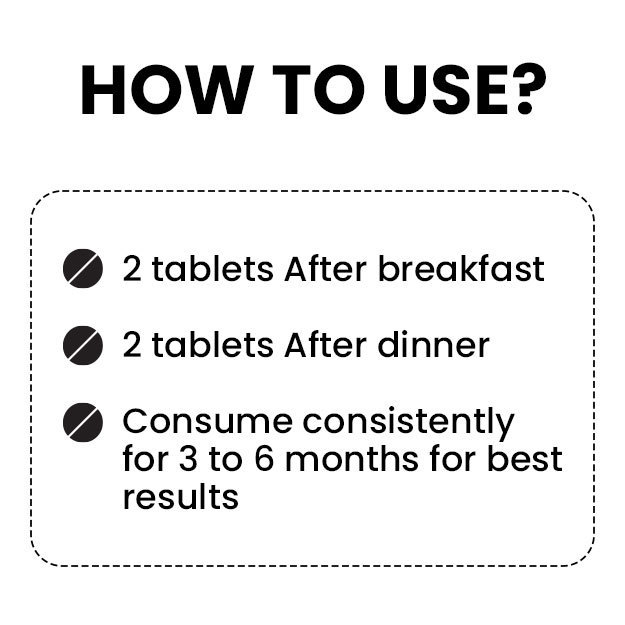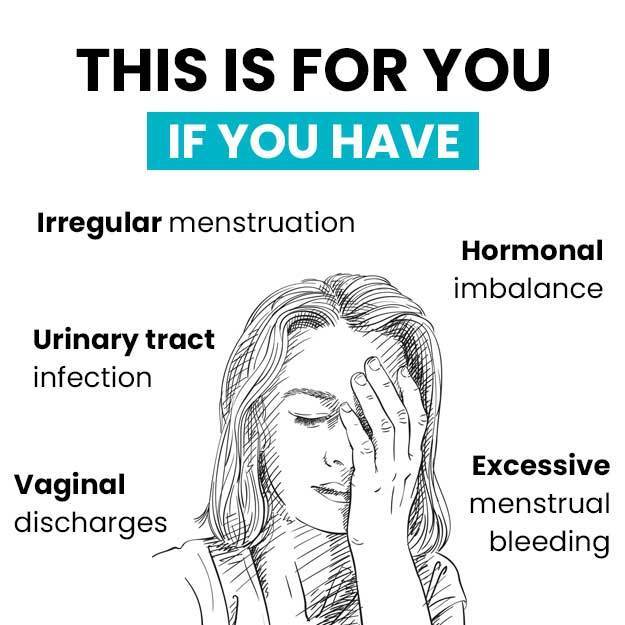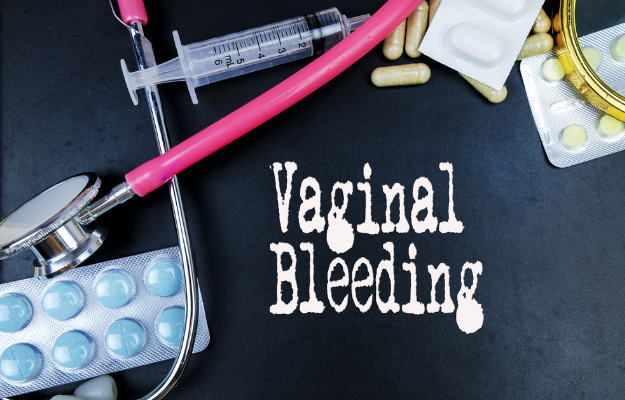Good hygiene is one of the pillars of good health and the importance of good health and hygiene practices increases, even more, when you are on your period. Poor menstrual hygiene may not only lead to common problems like rashes and itching but they also increase the risk of infections and complications like toxic shock syndrome and pelvic inflammatory disease. Access to menstrual products and clean water is the most essential requirement for maintaining good menstrual hygiene. But that isn’t where it ends - even when you think you are taking care of everything, the best of us tend to slip at times.
Following are some of the things you need to keep in mind during your period to maintain good hygiene and avoid any complications.


